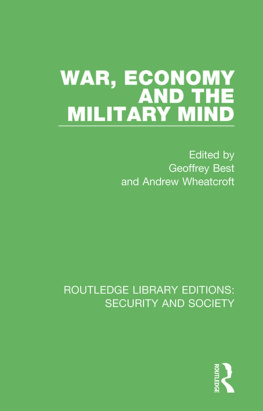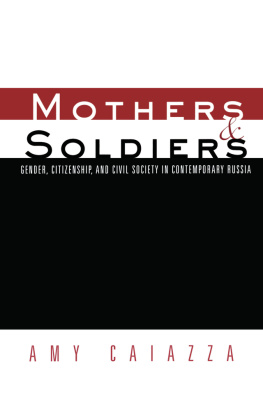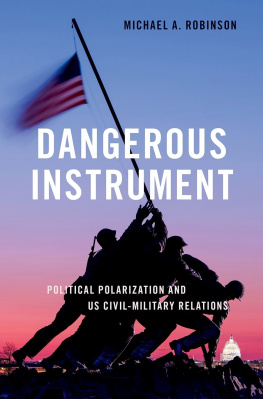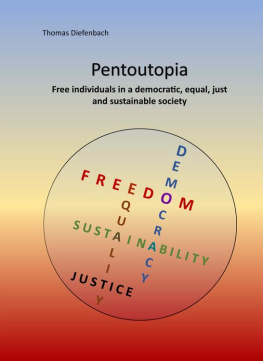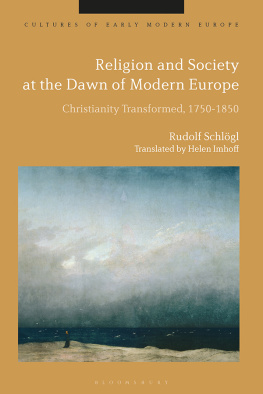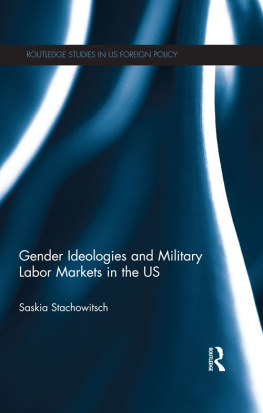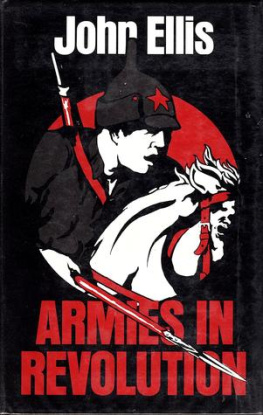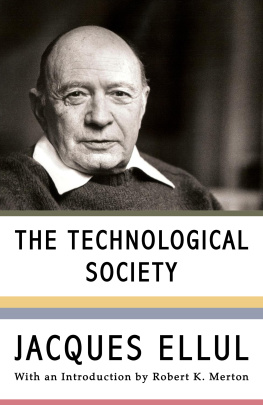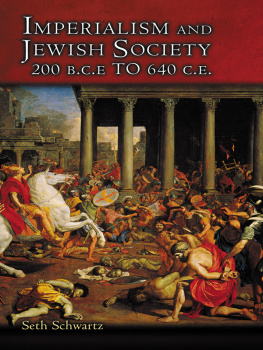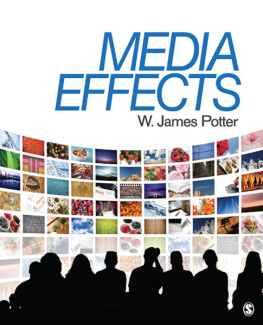ROUTLEDGE LIBRARY EDITIONS: SECURITY AND SOCIETY
Volume 3
WAR, ECONOMY AND THE MILITARY MIND
WAR, ECONOMY AND THE MILITARY MIND
Edited by
GEOFFREY BEST AND ANDREW WHEATCROFT
First published in 1976 by Croom Helm Ltd
This edition first published in 2021
by Routledge
2 Park Square, Milton Park, Abingdon, Oxon OX14 4RN
and by Routledge
52 Vanderbilt Avenue, New York, NY 10017
Routledge is an imprint of the Taylor & Francis Group, an informa business
1976 Croom Helm Ltd
All rights reserved. No part of this book may be reprinted or reproduced or utilised in any form or by any electronic, mechanical, or other means, now known or hereafter invented, including photocopying and recording, or in any information storage or retrieval system, without permission in writing from the publishers.
Trademark notice: Product or corporate names may be trademarks or registered trademarks, and are used only for identification and explanation without intent to infringe.
British Library Cataloguing in Publication Data
A catalogue record for this book is available from the British Library
ISBN: 978-0-367-56733-0 (Set)
ISBN: 978-1-00-312078-0 (Set) (ebk)
ISBN: 978-0-367-61643-4 (Volume 3) (hbk)
ISBN: 978-1-00-310585-5 (Volume 3) (ebk)
Publishers Note
The publisher has gone to great lengths to ensure the quality of this reprint but points out that some imperfections in the original copies may be apparent.
Disclaimer
The publisher has made every effort to trace copyright holders and would welcome correspondence from those they have been unable to trace.
War, Economy and the Military Mind
Edited by
GEOFFREY BEST
ANDREW WHEATCROFT
CROOM HELM
ROWMAN AND LITTLEFIELD
First published 1976
Copyright 1976 Croom Helm Ltd
Croom Helm Ltd, 2-10 St Johns Road, London SW11
ISBN 0 85664 229 0
First published in the United States 1976
by Rowman and Littlefield, Totowa, New Jersey
Library of Congress Cataloging in Publication Data
Main entry under title:
War, economy and the military mind.
Includes bibliographical references.
1. Armies History Addresses, essays, lectures. 2. Navies History Addresses, essays, lectures. 3. War Addresses, essays, lectures. 4. Munitions History Addresses, essays, lectures. I. Best, Geoffrey Francis Andrew. II. Wheatcroft, Andrew. UA15.W37 1976 355.349 75-19119
ISBN 0-97471-759-4
Printed and bound in Great Britain by
redwood burn limited
Trowbridge and Esher
The editors wish to express their gratitude to the Nuffield Foundation, which with great generosity financed the conference at Edinburgh University entitled War, Peace and Peoples, where the bulk of the papers in this volume were first presented.
A version of Volker Berghahns paper was subsequently published by Droste Verlag in Marine und Marinepolitik, 1871-1914, Dusseldorf, 1972. We are grateful for their permission to publish it in this collection.
In an age when books made up of collections of essays are perhaps commoner than ever before and, on account of their frequent lack of unity and coherence, under fire as never before, the editors recognise an obligation to state at the outset their collections theme and purpose. The purpose is precise enough. It posits the existence of a probably large body of serious-minded readers (whether professional scholars or not is of no matter) whose interest in war and society questions that is in war and peace and the fates of peoples exists outside or runs beyond the confines of the conventional academic disciplines and departments within which most professional scholars have to operate. Such people are not averse to mixed reading. Systematic, perhaps, in their reading of books and periodicals within the bounds of their accredited speciality or specialities, they like, so to speak, to do some reading (meet people, pick up ideas) outside office hours. For such, the mixed conference, the anthology, the collection of essays are well suited. By the side of planned, systematic study, it is a somewhat haphazard approach to the higher sorts of learning, and some exact specialists find it too messy for comfort; but it seems to answer a good many respectable needs and, in the experience of some, to bring new lights and colours into work which might otherwise lack them.
Thus, in brief, runs the first part of the editors statement of the books purposes. The other two parts are unexceptionally orthodox and may be rapidly stated. These essays may be keeping mixed company between these covers, but none of them would look out of place in a periodical of conventional cut, and it is to be expected that many people will apply themselves to one or two of the essays without bothering themselves about the rest. That might be rather a pity for these essays considerably inter-relate with each other, within their two groups. Finally, all these essays share the grand common purpose of all the social sciences: offering explanations for what has so far been inexplicable; releasing historical truths from prisons of pretentious ignorance, superstitious assertion, or self-interested duplicity; establishing patterns (admittedly provisional) of human and social behaviour where none yet are, or substituting more plausible patterns for others no longer credible; rationalising, clarifying and above all demythologis-ing. In some such terms must the common purpose of social scientists and, so far as they are different, historians, be described. Ours in this book are no different except that our eight essays are all to do with war and peace, and the myths which stand in our paths tend to pick up unusual power from their association with blood and death and ideas of honour, pride, manliness, race and nationality.
In the period from the fall of Napoleonic imperialism to the outbreak of the First World War armies and navies grew in complexity, cost and size. The first half of this book investigates these institutions from within, and looks at some of the factors which held them together in an increasingly difficult and hostile world, at their self-image, and at the pressures upon them from society at large. John Keegan points to the elements of continuity, to the sense of active history which pervades an army like the British which has a regimental structure as its base. Richard Luckett discusses the views which soldiers had of themselves and their performance as writers and critics of military life, views which differ markedly from those of critics looking from outside. Douglas Porch shows how one type of external pressure, republican ideology, was less effective at creating unrest within an army than the traditional discontents of military life; he suggests that the traditional categories by which we analyse armies need to be revised. Andrew Wheatcroft also reflects on the comparative weight of internal and external factors in determining an armys attitude, and concludes that professional issues are those which truly divide armies from within. All these studies tend towards the common conclusion that we should no longer seek to apply the values of external society, but look instead for the values and attitudes which differentiate military society.

